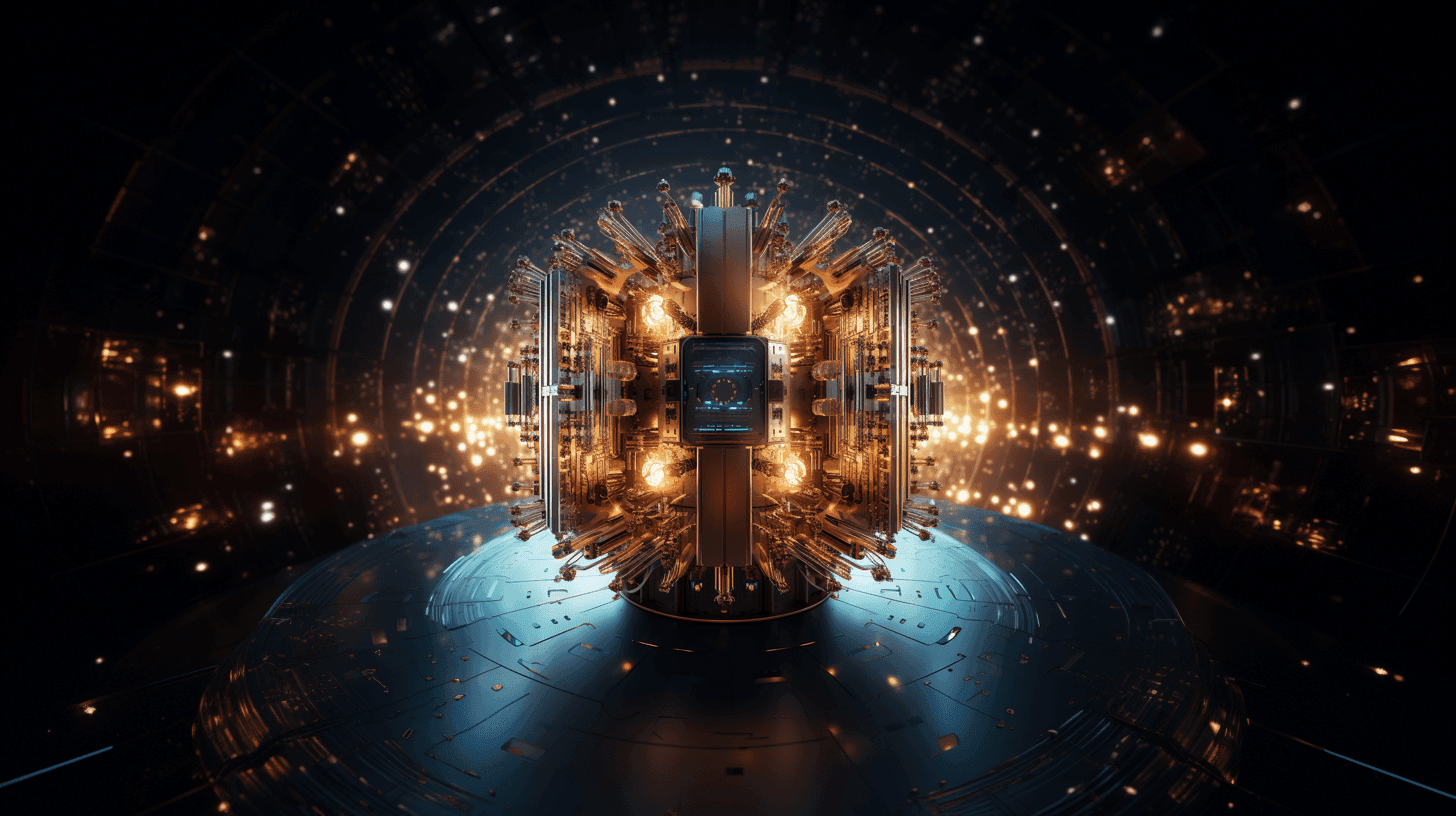Quantum Computers: A Simple Introduction
When we think of traditional computers, we think of tiny switches, called "transistors," that are either on or off. They are our digital 1s and 0s. But what if there was another kind of computer, one that operated on principles so mysterious that even top scientists find them baffling? Enter the world of quantum computers!
What's Different About Quantum Computers?
Quantum computers don't rely on the familiar 1s and 0s. Instead, they utilize the unique principles of quantum mechanics, a branch of physics that studies the behavior of the smallest particles in the universe.
The main character in this new computing method is the "qubit". A qubit is like the super-powered cousin of our traditional bit. Instead of being just a 1 or 0, a qubit can exist in a state that's a combination of both! Imagine if, instead of deciding whether to turn a light on or off, you could have it be both on and off at the same time. That's a little like what a qubit does.

Why is Quantum Computing Important?
Speed is the name of the game. For certain problems, quantum computers can compute answers exponentially faster than even the most powerful classical computers. This doesn't mean your everyday email or movie streaming will get a boost, but it can revolutionize fields like:
- Cryptography: The art of securing and decoding information might change entirely.
- Medicine: Quantum computers can help simulate molecular structures, potentially leading to breakthrough drugs.
- Optimization: These computers can find the best solution to problems faster, like determining the most efficient delivery routes for a company.
The Challenge Ahead
While quantum computing sounds super cool, it's still in its early days. Building and maintaining a quantum computer requires conditions colder than deep space, and they're currently prone to errors. So, there's a lot of work ahead.
To Sum It Up
Imagine you're trying to find a book in a vast library. A traditional computer would check every book one by one. A quantum computer, thanks to its special qubits, could examine multiple books at once, significantly speeding up the search.
However, like any revolutionary technology, quantum computing has its challenges. But as we learn more and refine the technology, we might be on the brink of a new computing era!
So, the next time someone mentions quantum computers, you'll know they're not just talking about a sci-fi gadget. They're discussing a real, albeit mysterious, piece of technology that might just shape the future